
Industry, Aerospace
FETFX
The aim of the FETFX project is to promote FET research among a wide range of actors through community building...
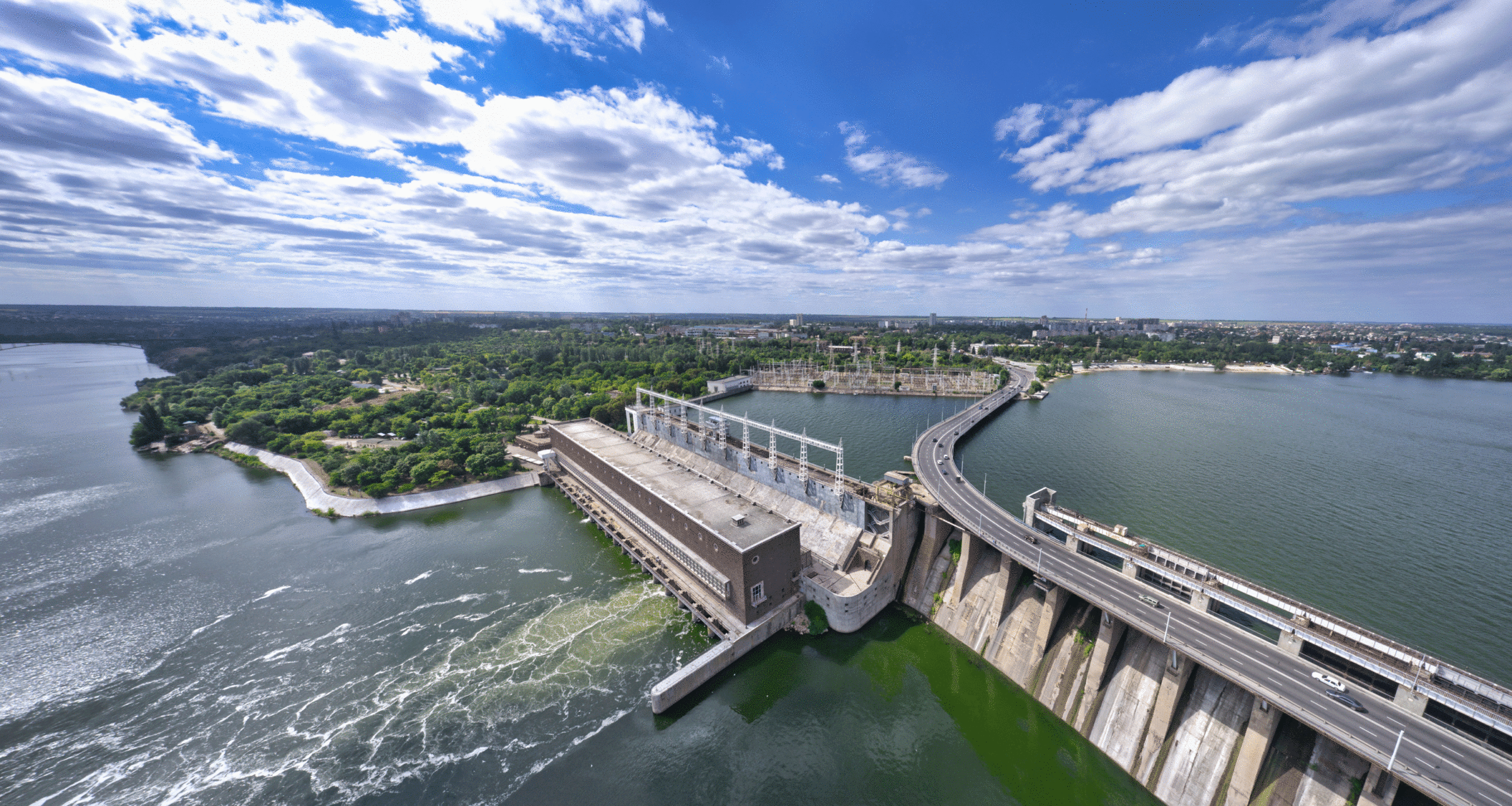

Project dates
2019-2023
Website
Role of Zabala
Partner
Project led by
ATB
22
Partners
8
Countries
14
M€ budget
4
Years
GO-GRASS will develop a new circular and integrated agri-food system whose main application will be in grasslands, tested on a small scale. It will provide business models for entrepreneurs and local authorities, with innovative technologies and processes and tools applicable in 4 European regions. For this, all social, economic and environmental circumstances in rural areas have been considered.
To cope with rapid resource depletion, environmental pressure and climate change, private and public sector entrepreneurs must change their approach to production, consumption, transformation, storage, resource recycling and waste disposal. Rural areas cover more than 50% of Europe’s surface area and are home to more than 20% of its population.
GO-GRASS will select grassland cultivation as an agri-food system to develop valuable biotechnological processes and end products. These new processes will represent a cost-effective alternative to the products and services traditionally obtained from grasslands, including animal feed, biomass for bioenergy or landscape conservation, becoming a driver for small-scale rural economy.
GO-GRASS will consolidate the biotechnology sector, leveraging regional assets, diversifying and revitalising the economy and providing quality jobs and opportunities in rural areas. In addition, the production and use of bio-based products that replace existing fossil fuel-based alternatives, such as fertilisers or bio-based packaging, can have a significant impact on greenhouse gas emissions from agri-food systems on a European scale.


This project has received funding from the European Union’s Horizon 2020 research and innovation programme, under grant agreement No. 862674.

“GO-GRASS seeks to unlock the potential of grass biomass for a new range of biotechnology-based products and case-specific business models to be developed in rural areas.”
Néstor Etxaleku
Agrofood and Bioeconomy Knowledge Area Leader
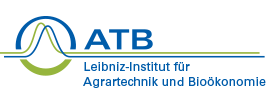











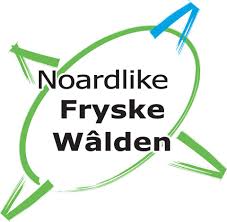


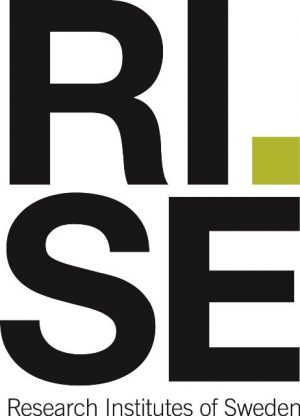





Industry, Aerospace
The aim of the FETFX project is to promote FET research among a wide range of actors through community building...

Energy, Mobility
sCO2-FLEX will contribute to Europe's climate change and energy transition goals.

Digitalisation
FIWARE FINODEX (Future Internet Open Data Expansion) is a European business incubator and accelerator.

News
OPEN CALL

Opinion
Environment

Lander Esparza
Consultant and environmental expert – EU projects
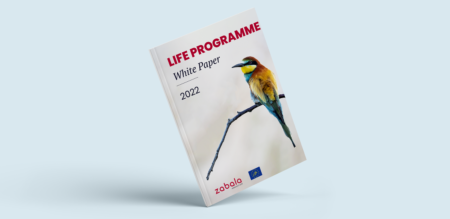
Publication
LIFE
We present the LIFE Programme's WHITE PAPER, especially useful if you are thinking of submitting your proposal to the 2022 call for proposals
The important thing is not to keep moving, but rather to know in which direction to go. Our 37% success rate proves that we know how to guide our clients.
Our compass is our clients; our mission is to solve their problems, guiding them so that innovation becomes their key to competitiveness.

This website uses cookies so that we can provide you with the best user experience possible. Cookie information is stored in your browser and performs functions such as recognising you when you return to our website and helping our team to understand which sections of the website you find most interesting and useful.
Strictly Necessary Cookie should be enabled at all times so that we can save your preferences for cookie settings.
This website uses Google Analytics to collect anonymous information such as the number of visitors to the site, and the most popular pages.
Keeping this cookie enabled helps us to improve our website.
Please enable Strictly Necessary Cookies first so that we can save your preferences!
This website uses the following additional cookies:
(List the cookies that you are using on the website here.)
Please enable Strictly Necessary Cookies first so that we can save your preferences!